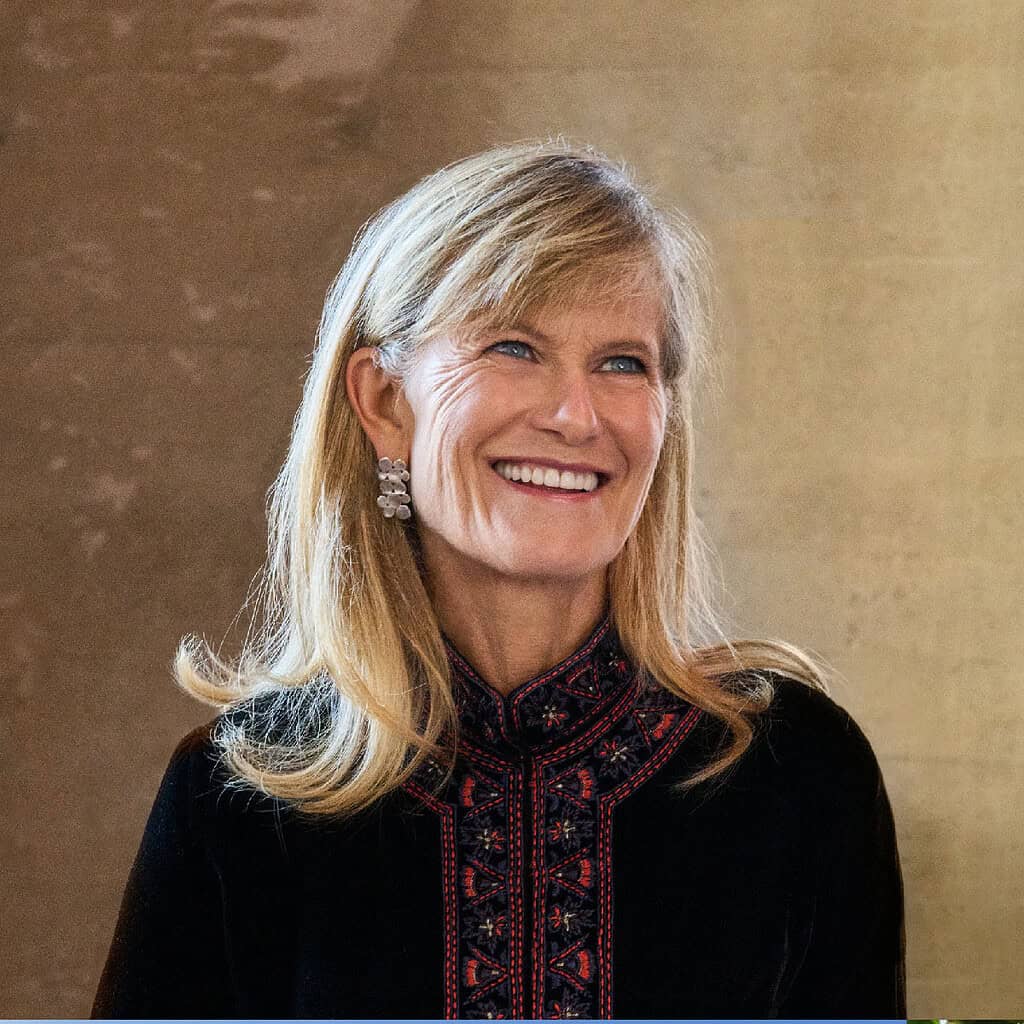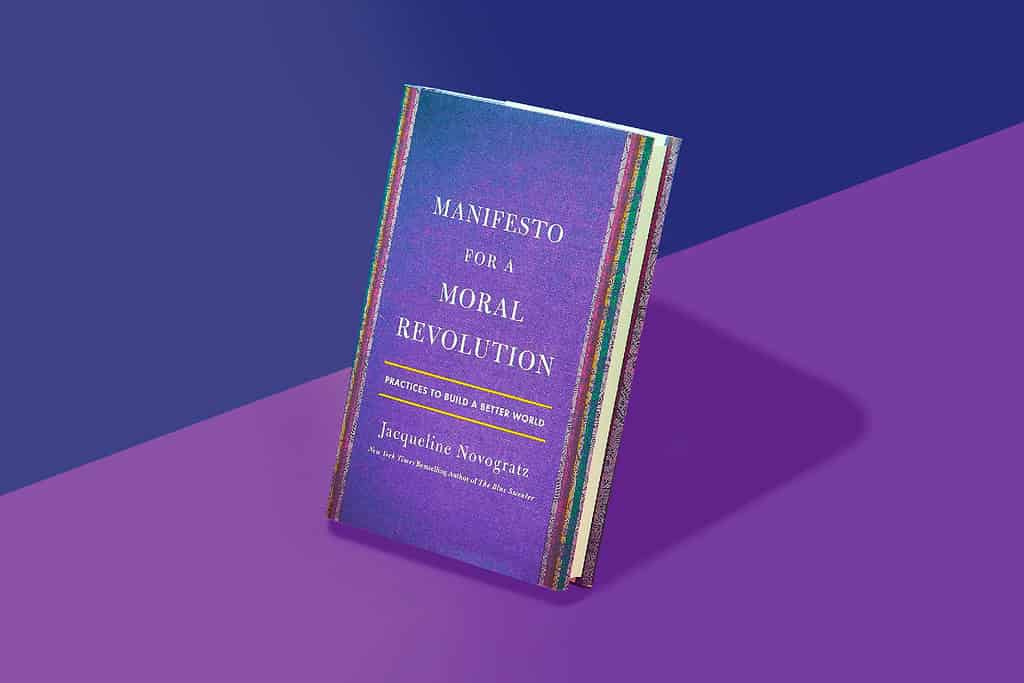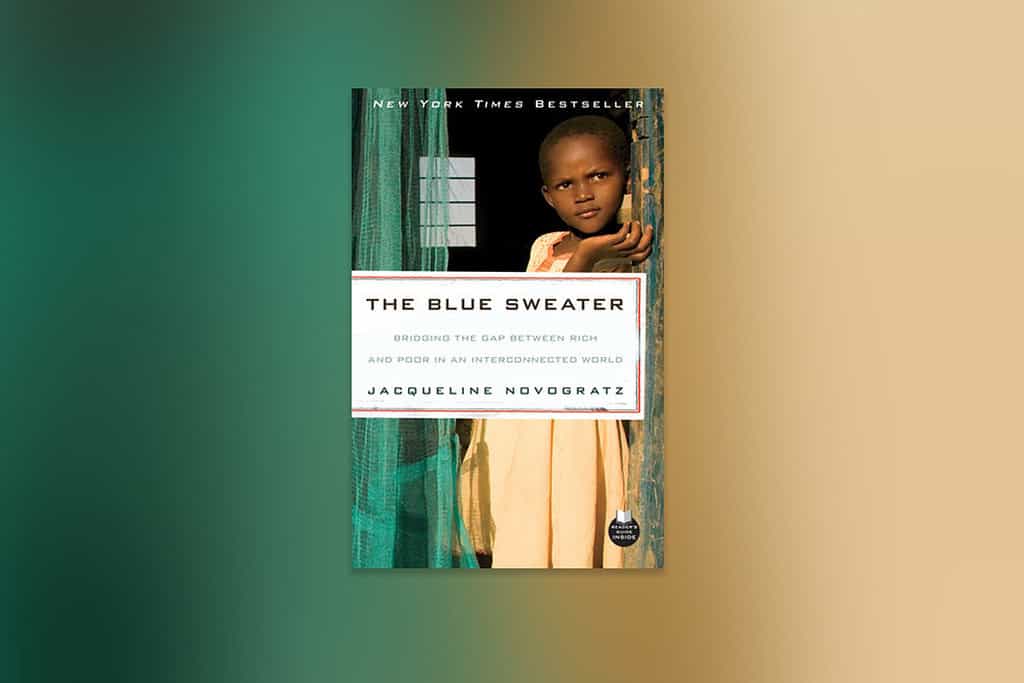Acumen announces $250 million raised for off-grid solar in Africa
At the Forbes Sustainability Leaders Summit, Jacqueline talked about the array of partners behind Acumen’s Hardest-to-Reach Initiative.

Founder and CEO of Acumen, a global non-profit, social impact and moral leadership champion who transforms lives worldwide.
Jacqueline Novogratz is the founder and CEO of Acumen, a global organization that fights poverty and builds dignity through patient investment in companies and leaders; sharing knowledge and insights based on impact achieved; and creating partnerships to scale what works. Since its founding in 2001, Acumen has impacted more than 700 million individuals across Africa, South Asia, Latin America, and the United States. More than 1,800 social enterprise builders have been trained and supported through Acumen Academy.
Before Acumen, Jacqueline operated as a serial social entrepreneur, co-founding Rwanda’s first microfinance bank in 1987 and founding the Philanthropy Workshop and Next Generation Leaders program while at the Rockefeller Foundation. Prior to this, she worked in international banking with Chase Manhattan Bank.
Jacqueline is the author of the best-selling The Blue Sweater (2009) and Manifesto for a Moral Revolution: Practices to Build a Better World (2020). She is a member of The B Team and serves on numerous boards and advisory boards. She has been named one of the Top 100 Global Thinkers by Foreign Policy, one of Insider’s Climate Action 30 leaders, one of the 25 Smartest People of the Decade by the Daily Beast, and one of the world’s 100 Greatest Living Business Minds by Forbes, which also honored her with the Forbes 400 Lifetime Achievement Award for Social Entrepreneurship. She holds an MBA from Stanford University, a BA in Economics/International Relations from the University of Virginia, and a number of honorary doctorates.
Follow Jacqueline on LinkedIn, Instagram, X (Twitter), and Facebook.
Jacqueline’s award-winning books on moral leadership, dignity, and solving problems of poverty.

A moral compass for creating change in an interdependent world – one that requires us to renew our institutions, starting with how we define success.

A memoir detailing Jacqueline’s journey through her career and the lessons she learned along the way – how to uplift people using dignity and the steps she’s taken to end global poverty.
At the Forbes Sustainability Leaders Summit, Jacqueline talked about the array of partners behind Acumen’s Hardest-to-Reach Initiative.
At the New York Times’ Climate Forward event, Jacqueline talked about what it would take to solve energy access in the most challenging markets.
Jacqueline presents an audacious vision: bringing clean electricity to 700 million people living in the dark, fostering resilience and dignity while averting future carbon emissions through reimagined climate finance and investment.
Jacqueline urges business leaders to invest for impact beyond the next quarter’s earnings and show “moral imagination” as governments cut aid budgets.
Acumen Founder and CEO Jacqueline Novogratz spoke to Fortune about the importance of entrepreneurship grounded in moral imagination.
“What I hope it does do is enable everyone to recognize that this work is for all of us,” Jacqueline told The New York Times.
“It’s not a question of whether we have enough capital,” Jacqueline told the FT. “It’s a question of whether we have the moral imagination to rethink the way our system of capitalism can be extended.”
Acumen hosts conversation about imagining a just transition to clean energy
Jacqueline Novogratz and Simon O’Connell explore how renewable energy can bolster food systems and aid smallholder farmers
Jacqueline discusses how to create a high-trust society, the difference between moral righteousness and moral leadership, why the opposite of poverty is dignity, and much more.
Jacqueline talks about cultivating moral imagination, practicing courage, and pursuing work with no end.
The world’s biggest climate fund is backing Acumen in establishing a $250 million facility to bring electricity from off-grid solar projects to 72 million people in some of Africa’s poorest countries.
Learn how you can commit (or recommit) to creating big, positive change in your lifetime – and give back more to the world than you take from it. “It is in the darkest times that we have the chance to find our deepest beauty,” Jacqueline says.
Jacqueline talked about Acumen’s $300 million commitment to climate adaptation for smallholder farmers in developing countries.
Jacqueline shares how more honest, inspiring storytelling leads to better business.
Jacqueline provides inspiring insights and life lessons for the 2023 graduating class of her alma mater, the University of Virginia.